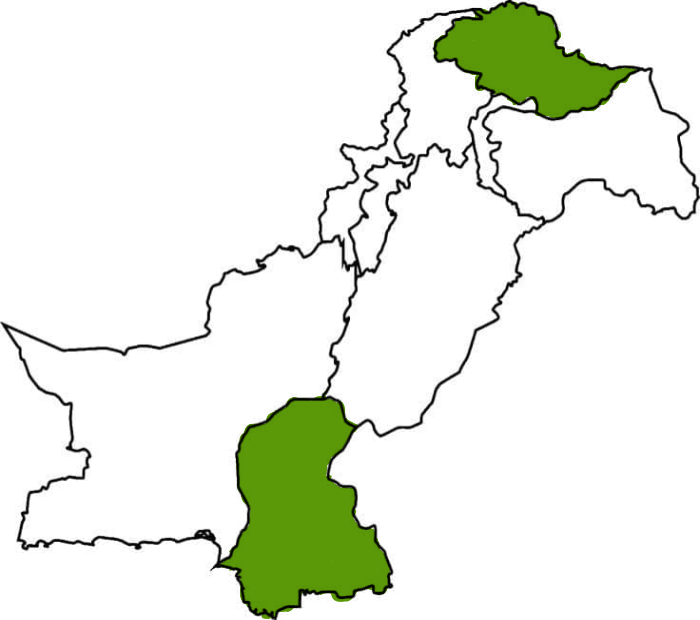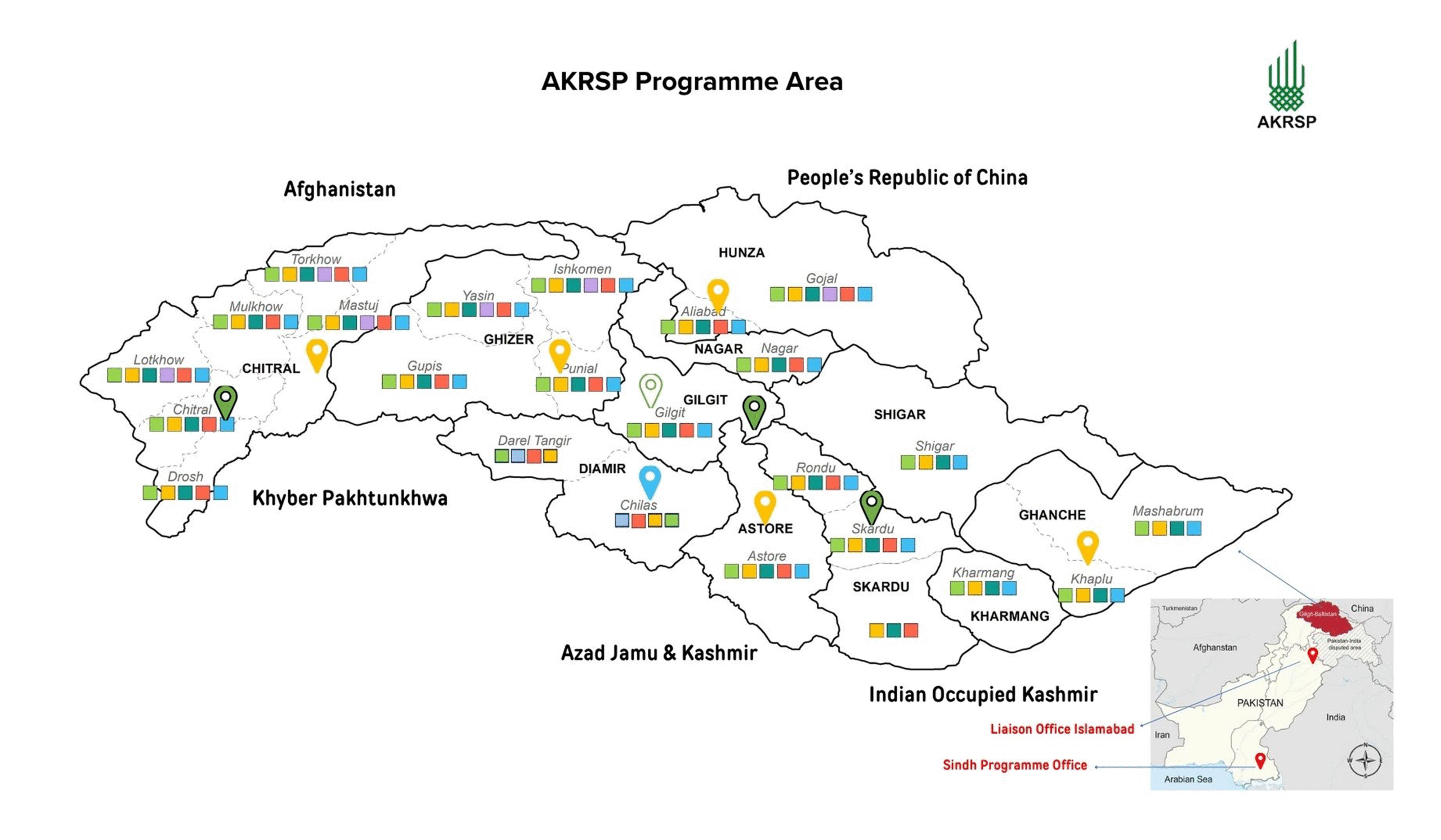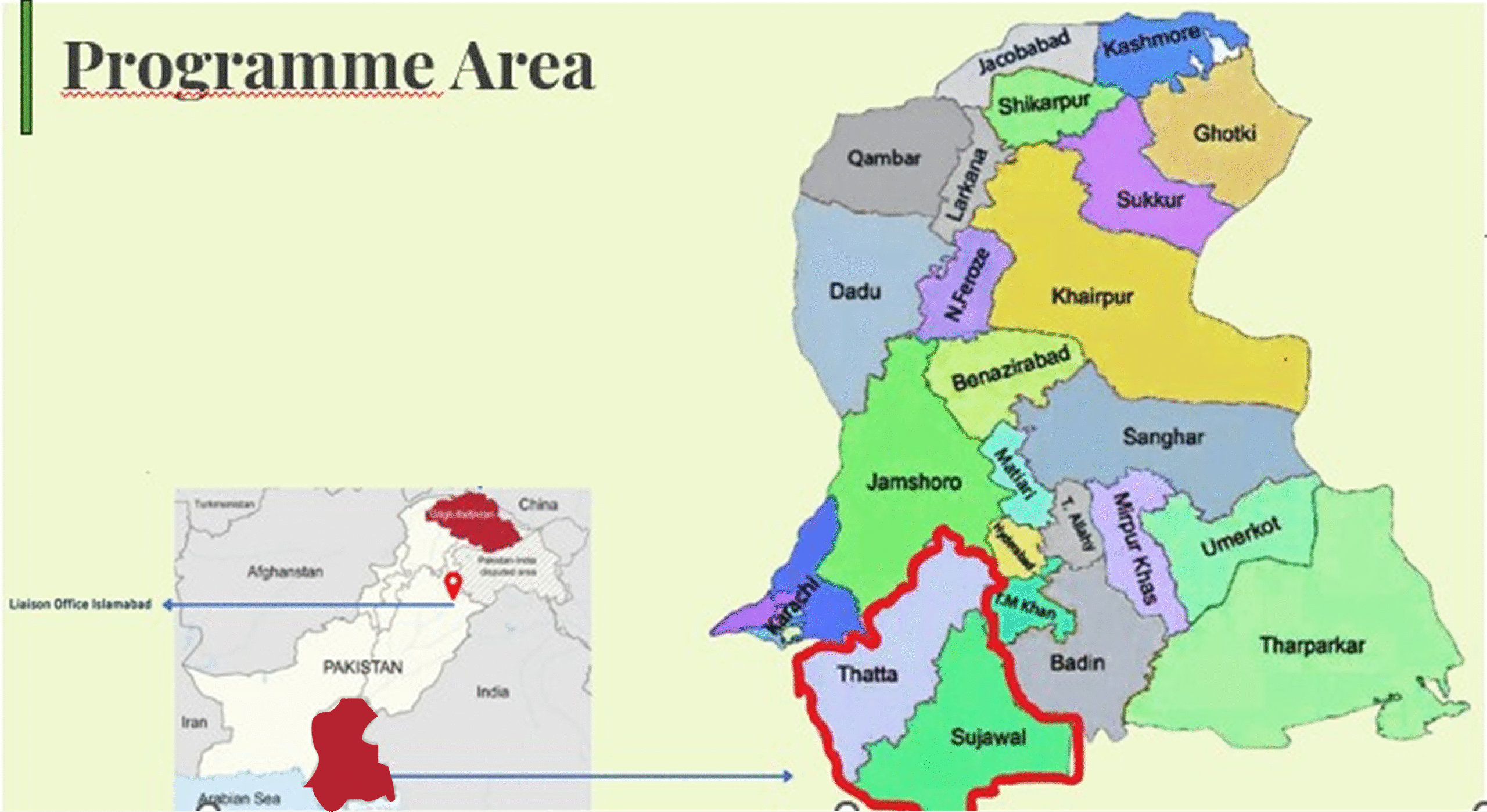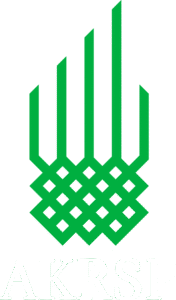Programme Areas
The Aga Khan Rural Support Programme (AKRSP) operates in some of the most diverse and geographically unique regions of Pakistan, covering an area of approximately 111,427 square kilometres. The programme area includes the ten districts of Gilgit-Baltistan, Lower and Upper Chitral in Khyber Pakhtunkhwa, and, since 2024, has expanded to the coastal districts of Thatta, Sujawal, and Badin in Sindh. This expansion integrates both high-altitude mountainous terrains and coastal plains, broadening AKRSP’s impact across vastly different ecological and socio-economic landscapes.
The programme area districts are home to around 5 million people, living in over 934,301 households spread across more than 2,881 villages. Gilgit-Baltistan, with a population of approximately 1.6 million, has a literacy rate of around 65 percent, while Lower and Upper Chitral, with a combined population of about 0.55 million, have literacy rates of about 70 percent. In contrast, Thatta, Sujawal and Badin districts, with a total population of around 3.8 million, have literacy rates below 40 percent




